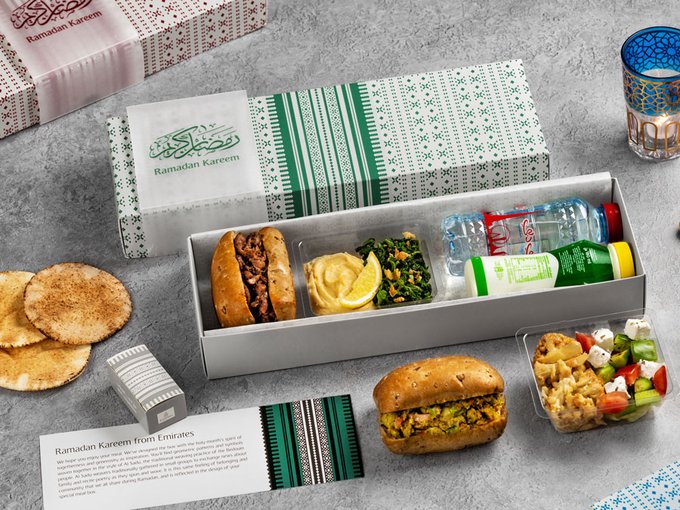Fast-food giant Chick-fil-A has found itself at the center of a social media storm following its decision to revise its chicken supply practices, opting to permit the use of certain antibiotics in its poultry production due to supply challenges.
In an announcement posted on its website, Chick-fil-A revealed plans to transition from its previous commitment of serving chicken raised with No Antibiotics Ever (NAE) to chicken raised with No Antibiotics Important to Human Medicine (NAIHM) across its restaurants in the United States, Canada, and Puerto Rico, starting in the spring of 2024. The company clarified that antibiotics would only be administered if necessary for the health and well-being of the animals.
The shift in policy aims to address supply chain issues and ensure a consistent supply of high-quality chicken to meet customer demand. Chick-fil-A initially pledged to serve antibiotic-free chicken in 2014, successfully implementing the promise in 2019.

In response to inquiries, Chick-fil-A cited challenges in sourcing chicken that meets its stringent standards as the driving force behind the policy adjustment.
The announcement triggered a wave of backlash on social media platforms, with many expressing disappointment and criticism, including from conservative circles. Calls for boycotting the chain emerged, with individuals voicing their intention to cease patronizing Chick-fil-A in light of the policy change.
Conservative podcast host Alex Clark took to social media to condemn the decision, urging followers to reconsider their support for the fast-food chain. Others echoed similar sentiments, with some sharing their plans to uninstall the Chick-fil-A app and abstain from dining at the establishment altogether.
Just wanted to let you know that chick-fil-a just walked back their NO ANTIBIOTICS EVER rule for their chicken.
You have got to stop eating there.
The overuse of antibiotics can lead to antibiotic-resistant strains of bacteria, which means super bugs for human health. pic.twitter.com/NknpZmqx09
— Alex Clark (@yoalexrapz) March 22, 2024
Amid the uproar, supporters of the move defended Chick-fil-A’s decision, emphasizing the importance of maintaining the health and welfare of the chickens. They argued that providing necessary antibiotics when needed aligns with responsible animal husbandry practices.
Chick-fil-A’s departure from its previous stance on antibiotic-free chicken mirrors similar shifts in the industry. Tyson Foods, a leading chicken supplier, announced last year its reintroduction of certain antibiotics into its poultry production, reversing its previous antibiotic-free policy implemented in 2017. Similarly, Panera Bread, known for its early commitment to antibiotic-free meats, recently updated its animal welfare policies to allow the use of antibiotics in pork and turkey products.
Chick-fil-A going back on their no antibiotics ever commitment was not on my bingo card. Its been a good run. #Chickfila pic.twitter.com/WLacIqgVe5
— Gorgeous🥰 (@Gorgeousaiko_) March 23, 2024
In conclusion, Chick-fil-A’s decision to modify its chicken supply practices has ignited a heated debate among consumers, highlighting the complexities of balancing supply chain challenges with ethical considerations. While critics voice concerns over the perceived dilution of the company’s standards, proponents argue in favor of prioritizing animal health and welfare in poultry production. The controversy underscores the evolving landscape of food industry practices and the ongoing tension between business imperatives and consumer expectations.
As consumers continue to demand transparency and ethical sourcing in the food industry, companies like Chick-fil-A face increasing pressure to navigate these competing interests while maintaining profitability. Ultimately, the outcome of this controversy may shape not only Chick-fil-A’s reputation but also industry-wide practices regarding antibiotic use in poultry production.
